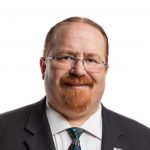We must not forget how the pandemic’s social isolation affected people suffering from a SUD. Executive Director of Soroptimist House of Hope, Inc. Rebecca Norton says, “Addiction is running rampant due to the social isolation and economic insecurity caused by the pandemic. More than ever it is imperative to enact legislation to expand the substance use disorder treatment workforce in California; to aid in the treatment of alcohol and drug abuse; and to reduce the number of opiate overdose and deaths in California. We need to stand up for our children, and their children, and their children.”
Assemblyman David Chiu has introduced Assembly Bill 666 (AB 666), which will expand the Substance Use Disorder (SUD) workforce in California. A grave problem California has been facing is its lack of an adequately staffed substance use disorder workforce. This is especially bad as the need for treatment is growing and the current workforce needs help to give help to those who need it. According to the bill’s fact sheet, it will fix the issue in three different ways:
1. Lowers barriers to education: Provides tuition assistance for vocational, community college, and university students to study behavioral health related fields.
2. Improves the pipeline: Allocates fee waivers for tests and certification expenses, along with increased language access to preparatory materials.
3. Statewide needs assessment: Prompts evaluation of the current state of the substance use disorder workforce. The assessment would determine barriers to entry and evaluate the current methods for regulating and supporting this workforce.
Assemblyman Chiu says, “The idea is to make it easier for people to enter the field, and the changes could add more than 1,000 certified behavioral health counselors to the state’s workforce in the short-term.” The Chief Strategy Officer for Granite Wellness Centers (GWC) and CEO of the GWC Foundation Warren Daniels put it, “This Bill is monumental and is the first bill of its kind in California to specifically support the seriously depleted California SUD workforce – longtime coming, thank you Assemblyman Chiu!”
One main reason the workforce has been understaffed is because the SUD workforce has been very underfunded. For example, according to the bill’s fact sheet, although there was $50 million in funding for the mental health workforce development last year, there was no money for the SUD workforce.
How can it be that there is an underfunded and understaffed SUD workforce, even though there were about 2.7 million Californians who had a diagnosable SUD in the past year and over 1 million Americans died in the past decade from a drug overdose? Substance use disorder is a clinically recognized disorder, yet there still appears to be an issue with how it is treated and funded.
Furthermore, this bill will help with the lack of diversity within the state’s current behavioral health workforce who treat SUDs. For example, the majority of current mental health and SUD treatment providers only speak English, which is not of service to those looking to get help who may speak another language. Representation and inclusivity are important and when expanding the SUD workforce it is crucial this be kept in mind.
Another issue that addiction programs staff have specifically cited within the last decade is that their primary concern is the lack of qualified staff. The programs do not just need anyone to be hired, they need properly qualified help otherwise a problem will still stand. AB 666 will ensure the proper training of any future staff. The clients deserve well-trained counselors, and the current SUD counselors deserve to have a proper hand of help.
As Alcohol and Drug Studies Program Coordinator Mary Crocker Cook explains, “Every day I am hearing from students, colleagues and friends about another relapse, another death of someone in long term recovery who could not manage the year-long imposed isolation of the pandemic. I was in class last night with a group of students, and reflecting on both the anecdotal and published surge in addiction and mental health issues that will rush towards us as more of us become vaccinated and the world around us begins to open. I assured them that they will be needed more than ever in the treatment workplace they are going to enter. We need more of them. We need certified, well-trained, heart-based counselors all over California to help meet the rush of hurting people. This training requires money for tuition and expertise in the classroom. AB 666 can help us meet this need.”
Passing of AB 666 will ensure preparedness for the future, on top of becoming a great help currently. There cannot continue to be a shortage of workers when they are critically needed to help with the SUD epidemic that is happening.

Pete Nielsen LAADC, SAP
Pete Nielsen is the President & Chief Executive Officer for the California Consortium of Addiction Programs and Professionals (CCAPP), CCAPP Credentialing, CCAPP Education Institute and the Behavioral Health Association of Providers (BHAP). CCAPP is the largest statewide consortium of addiction programs and professionals, and the only one representing all modalities of substance use disorder treatment programs. BHAP is the leading and unifying voice of addiction-focused treatment programs nationallly. Mr. Nielsen has worked in the substance use disorders field for 20 years. In addition to association management, he brings to the table experience as an interventionist, family recovery specialist, counselor, administrator, and educator, with positions including campus director, academic dean, and instructor.
Mr. Nielsen is the secretary of the International Certification and Reciprocity Consortium, and on the publisher for Counselormagazine. He is a nationally known speaker and writer published in numerous industry-specific magazines. Mr. Nielsen holds a Master of Arts in Counseling Psychology and a Bachelor of Science in Business Management.

